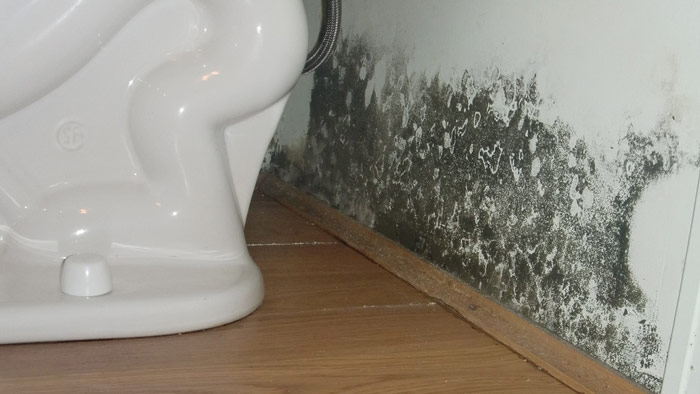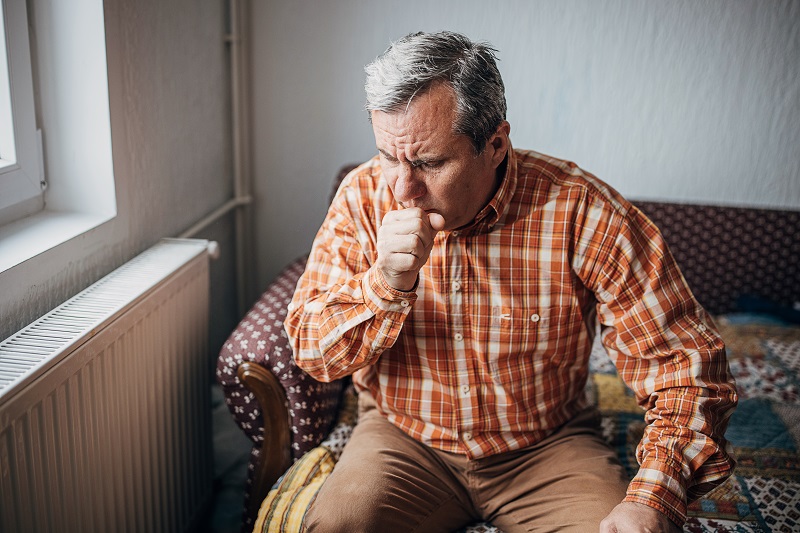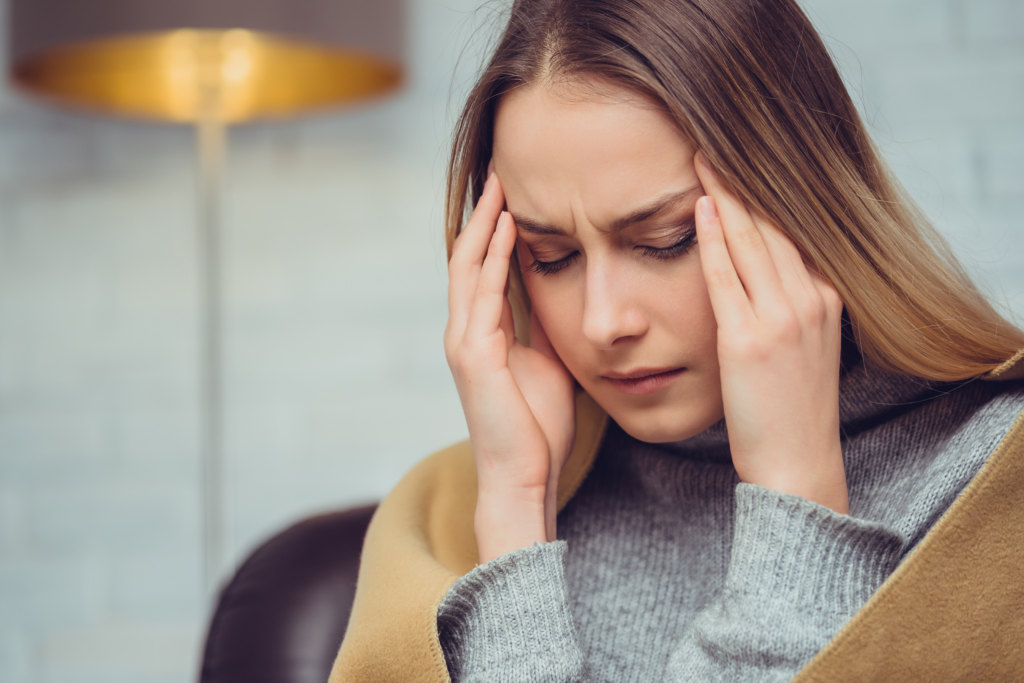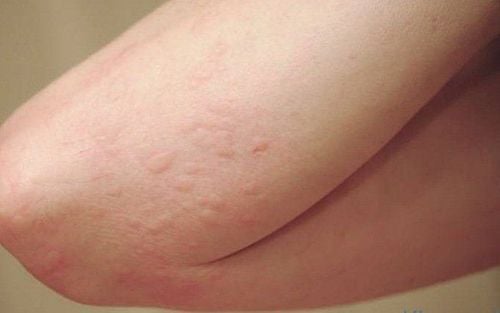Understanding Mold Toxicity
Mold toxicity can occur when you are exposed to significant amounts of mold spores in the environment, especially from indoor sources like damp basements, bathrooms, kitchens, and areas with poor ventilation. Mold toxicity is particularly dangerous because its symptoms can mimic those of other illnesses, making it difficult to diagnose without proper awareness.

The Top 8 Symptoms of Mold Toxicity
Recognizing the symptoms of mold toxicity is the first step in taking action to mitigate its effects on your health. Here are the eight symptoms you should be aware of:
1. Respiratory Issues
Persistent coughing, wheezing, and difficulty breathing are common in individuals exposed to mold. These symptoms can often resemble those of asthma or severe allergies.

2. Allergic Reactions
Mold exposure can trigger allergic reactions similar to those caused by other allergens. This includes sneezing, runny nose, red eyes, and skin rash.
3. Headaches and Migraines
Frequent headaches or the sudden onset of migraines can be a sign of mold toxicity, especially if these symptoms occur while at home and seem to lessen when you are away.

4. Fatigue and Weakness
Unexplained fatigue that isn’t relieved by rest may be a symptom of mold exposure. This can be accompanied by feelings of weakness or lethargy.
5. Memory Problems and Difficulty Concentrating
Exposure to mold can affect your cognitive functions, leading to trouble with concentration, memory lapses, and a general sense of mental fog.
6. Unusual Skin Irritations
Mold exposure can cause skin irritation or rashes, particularly in individuals with sensitive skin or mold allergies.

7. Mood Changes
Recent studies suggest that mold exposure can lead to changes in mood, including bouts of depression, anxiety, and irritability.
8. Immune System Suppression
Ongoing exposure to mold can weaken your immune system, leading to more frequent infections and a slower recovery time from illness.
What to Do If You Experience Symptoms of Mold Toxicity
If you recognize any of the above symptoms and suspect mold toxicity, it’s important to take immediate steps to address the issue:
- Consult a Healthcare Provider: A doctor can help determine if your symptoms are related to mold exposure.
- Inspect Your Home: Look for visible signs of mold or moisture in areas prone to dampness.
- Contact a Mold Remediation Specialist: Professional mold removal is crucial to ensuring that all mold is thoroughly eliminated from your environment, preventing further health issues.
At Citywide Mold Mitigation, we provide expert mold inspection and removal services to ensure your home is safe and healthy. Don’t wait to address mold issues—contact us today for a consultation.
Conclusion
Mold toxicity is a serious health concern that should not be ignored. By recognizing the symptoms and taking prompt action, you can protect your health and ensure your living environment is safe. Remember, the key to dealing with mold is swift action and professional remediation.

